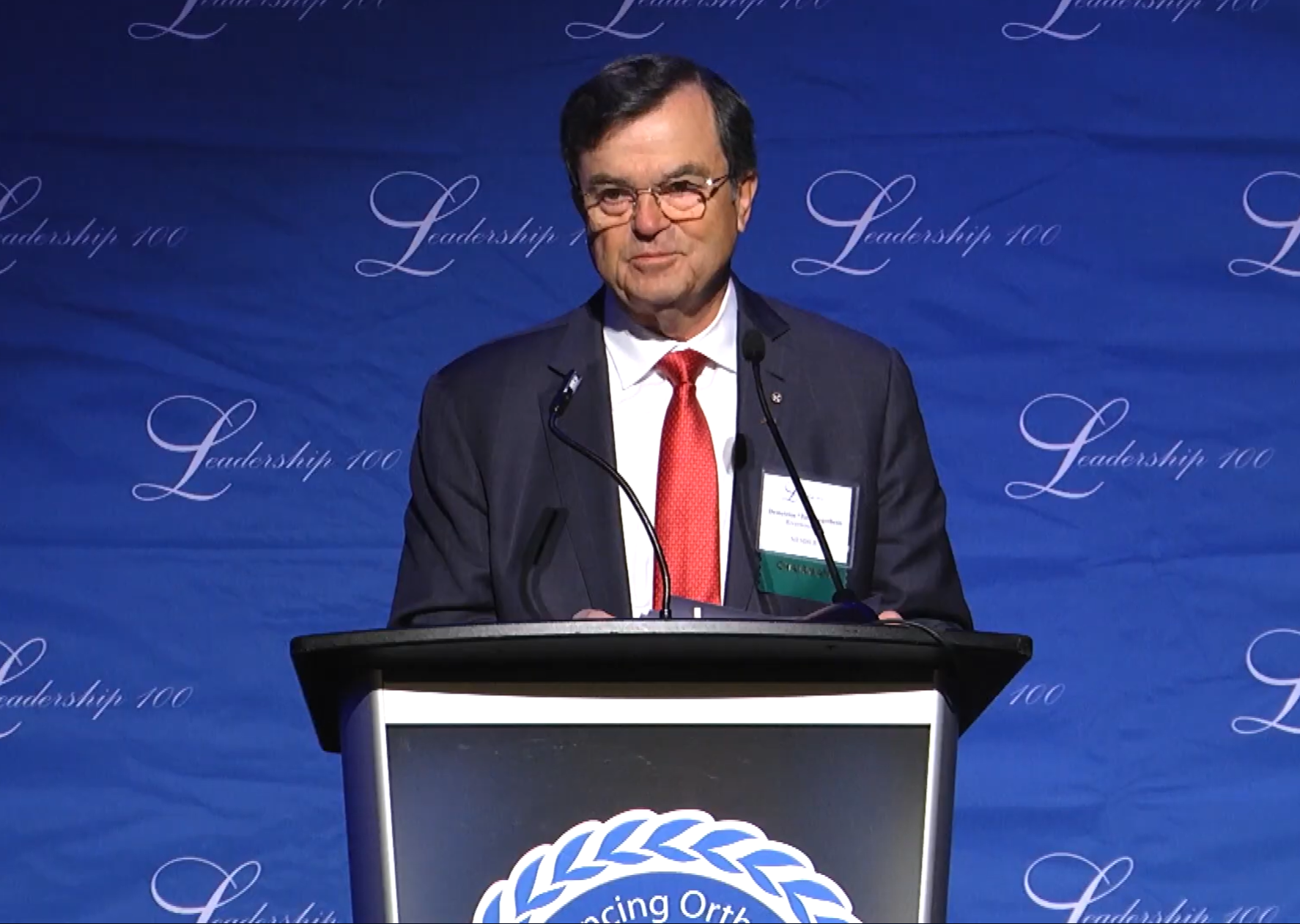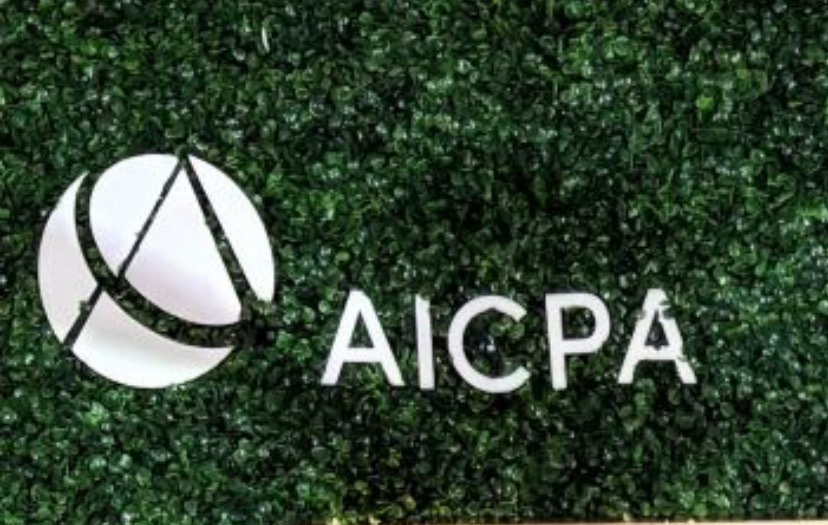Friedman LLP settled charges with the Securities and Exchange Commission on Sept. 23 for what the SEC called “improper professional conduct” for failing to comply with the standards of the Public Company Accounting Oversight Board while conducting audits of two public companies from 2017 through 2020.
As part of the settlement, Friedman will pay a total monetary penalty, including fines and other costs, of more than $1.5 million to the SEC.
Earlier this month, Friedman officially merged with top 20 firm Marcum, which establishes Marcum as a top 12 firm with approximately $1 billion in annual revenue and a team of more than 3,500.
According to the SEC’s order, in its audit of iFresh Inc. for fiscal years 2017 through 2020, Friedman failed to design and perform audit procedures that would have detected numerous undisclosed related-party transactions by iFresh.
The SEC charged iFresh last May with repeatedly filing materially inaccurate financial statements that failed to fully disclose related-party transactions, specifically alleging that iFresh engaged in undisclosed transactions with entities that were either controlled by the CEO of iFresh, Long Deng, or owned by Deng’s brother. The SEC is seeking a permanent injunction against iFresh and Deng, disgorgement with prejudgment interest, and a civil penalty. The SEC is also seeking an officer and director bar against Deng.
The SEC found that Friedman did not exercise professional skepticism during its review of the workpapers and failed to recognize red flags that indicated undisclosed related parties. Friedman also failed to obtain sufficient appropriate audit evidence, respond to fraud risks, and perform procedures to identify related-party transactions during its audits of iFresh.
In its audits of another public company, which not named in the SEC’s order, Friedman did not exercise professional skepticism and due professional care, and failed to obtain sufficient appropriate audit evidence in connection with multiple transactions and relationships it encountered during its audit of that company. Friedman also failed to properly audit related-party transactions made by that company.
In addition, the SEC said that Friedman failed to design, implement, and monitor an adequate system of quality control, and the firm failed to adopt and implement adequate policies and procedures regarding audit documentation.
The order against Friedman finds that it engaged in improper professional conduct within the meaning of Section 4C(a)(2) of the Securities Exchange Act of 1934 and Rule 102(e) of the SEC’s Rules of Practice, and violated Section 10A(a)(2) of the Exchange Act and Rule 2-02(b)(1) of Regulation S-X.
Without admitting or denying the SEC’s findings, Friedman agreed to be censured, implement undertakings concerning the training of its staff, and pay disgorgement of $524,138, pre-judgment interest of $40,574, and a fine of $1 million.
Thanks for reading CPA Practice Advisor!
Subscribe Already registered? Log In
Need more information? Read the FAQs




